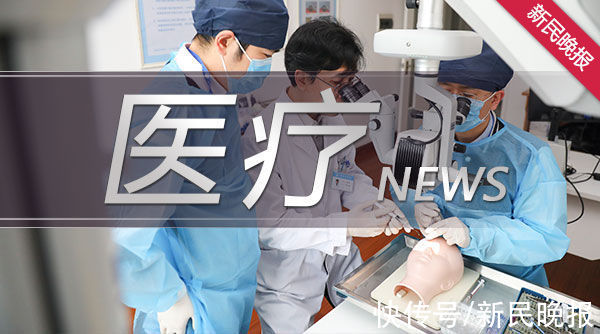
Recently, sponsored by the National Health Commission’s Capacity Building and Continuing Education Center and supported by AstraZeneca China’s public welfare in 2022 Grassroots Charity Action” project promotion meeting was held through an online meeting. The project aims to promote the development of county-level medical service capabilities by inviting well-known experts across the country and relevant responsible comrades of county-level medical institutions in the project area to share experience and interact with each other, and jointly appeal and discuss the construction of county-level serious disease management capabilities and county-level tumor prevention and control capabilities. Improve and continue to help achieve a healthy China, so that people can get better medical services nearby.
At the meeting, Director Yang Aiping of the Center for Capacity Building and Continuing Education of the National Health Commission introduced that in recent years, the center has always focused on the grassroots, and is oriented by problems and needs, and continuously promotes continuing medicine Education supply-side reform and model innovation provide guarantees for capacity building and high-quality development of grass-roots medical and health services. Under the goal of “Healthy China 2030”, in this “County Area Medical and Health Personnel Service Capability Improvement Project – Grassroots Public Welfare Action” activity, the center will unite the forces of government, medicine, industry, academia, research and other aspects to jointly promote The capacity building of county-level oncology specialists will further optimize and improve the service capacity building of county-level medical and health personnel, and create a brand that serves the capacity-building of oncology specialists at the grass-roots level, so as to better meet the medical needs of the people in the county-level area for medical treatment nearby, and help hospitals at lower and lower levels. close cooperation to promote hierarchical diagnosis and treatment.
Zhang Mujia from the Medical Resources Department of the Medical Administration and Hospital Administration Bureau of the National Health and Health Commission explained the construction policy of the county-level tumor prevention and treatment center at the meeting: Taking the “Thousand-County Project” as an example, The goal of the work is to promote the sinking of advantageous resources from provinces and cities to the county area, make up for the shortcomings of the county hospital’s medical service and management capabilities, and gradually realize the integration and sharing of medical resources in the county area. The key tasks are divided into two dimensions. One is to continuously improve the medical service capabilities and be the “gatekeeper” for the health of residents in the county. Among them, it is proposed to build one of the “five centers” of clinical services – a tumor prevention and treatment center integrating prevention, treatment and rehabilitation. The second dimension is to promote the integration and sharing of resources. The development of county-level hospitals is not only the development of a hospital, but also the driving force of the overall county-level medical service capacity. Therefore, it is necessary to play the “leading” role of county hospitals.
The conference also invited a number of well-known experts across the country to provide professional guidance and exchanges on the shared cases of county medical capacity building, and put forward suggestions on grass-roots serious diseases based on their own professional disease areas. Knowledge and perceptions of management capacity building. Professor Ye Dingwei, Vice President of Fudan University Affiliated Cancer Hospital and Chief MDT Expert of Urological Oncology, Professor Hu Chengping, Director of Department of Respiratory Medicine, Xiangya Hospital, Central South University, Director of Lung Cancer Diagnosis and Treatment Center of Xiangya Hospital, Professor Feng Limin, Director of Obstetrics and Gynecology Department of Beijing Tiantan Hospital Affiliated to Capital Medical University , Professor Wang Biyun, Director of Breast and Urology Department of Fudan University Affiliated Cancer Hospital, Chen Zhongjun, Vice President of Sichuan Jianyang People’s Hospital, and Liu Zhiwen, Director of Medical Department of Zhungeer Banner Dalu Hospital attended the meeting and delivered speeches.
Xinmin Evening News reporter Zuo Yan